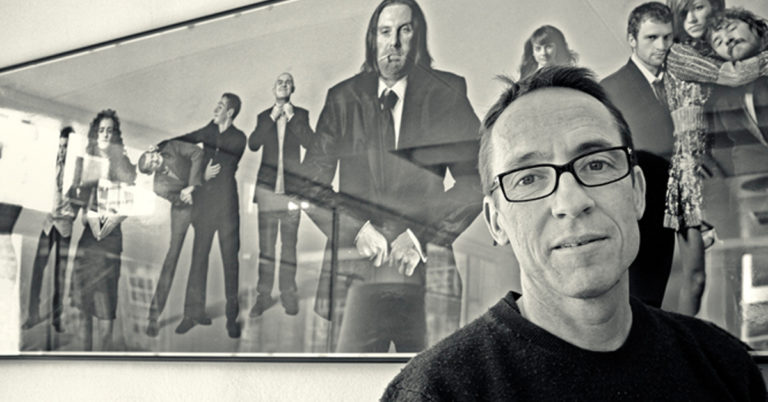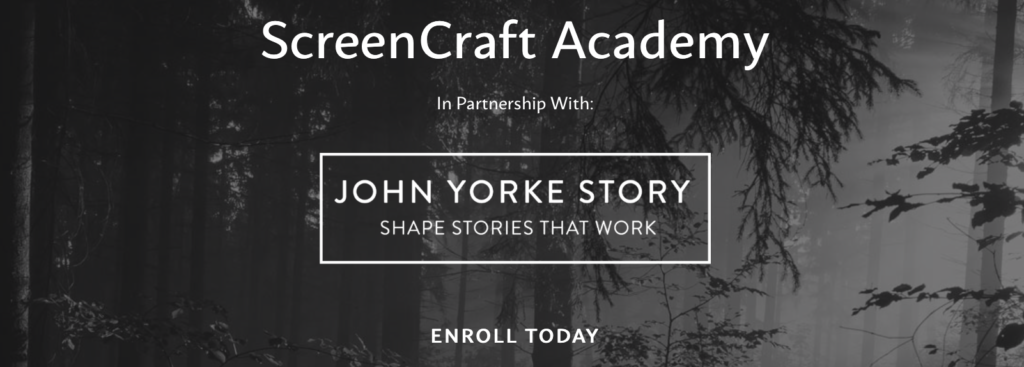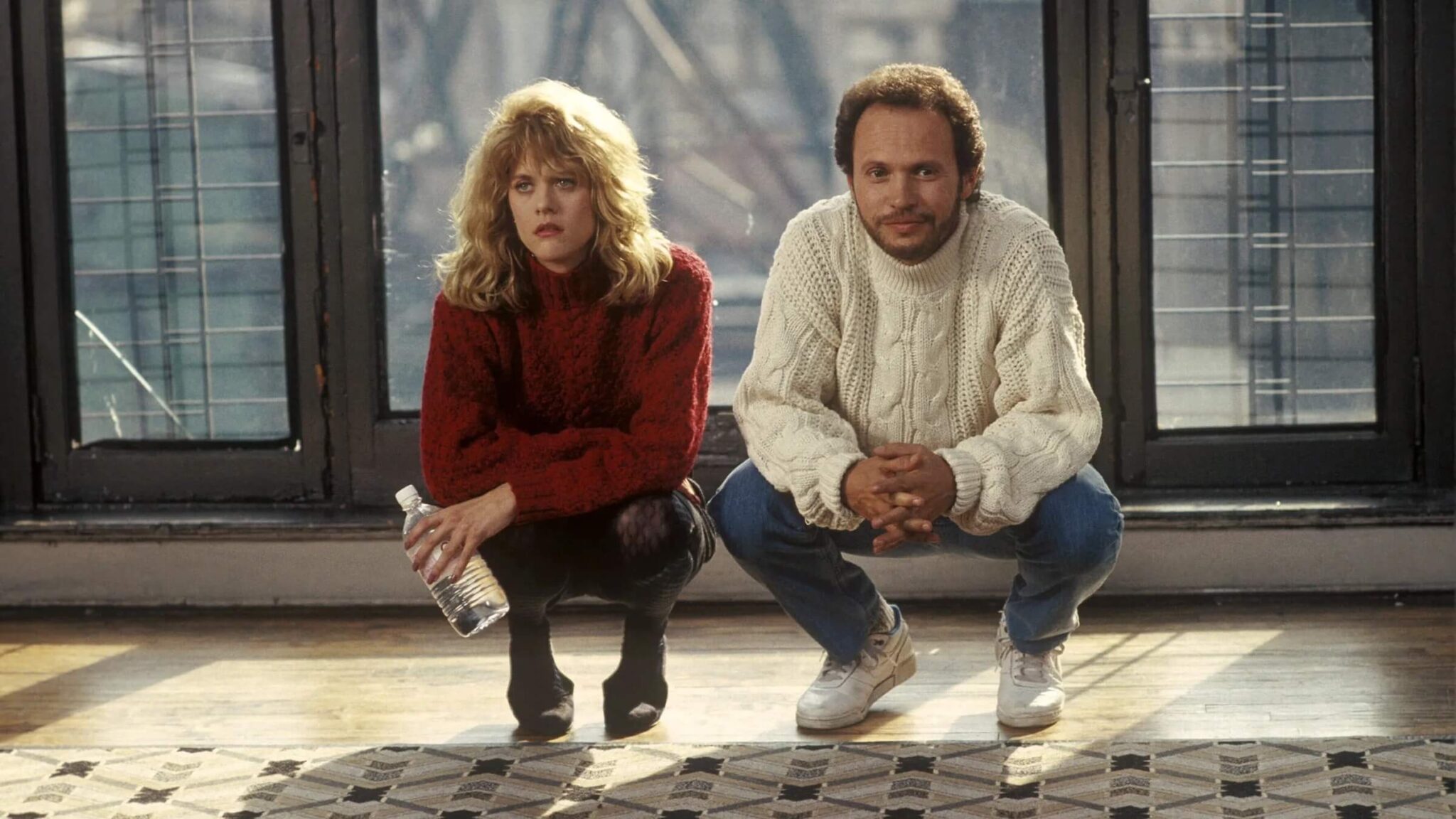Interview with Storytelling Master John Yorke

ScreenCraft and John Yorke recently came together to create a course through ScreenCraft Academy that can help anyone shape stories that work. John's philosophy is straightforward – "There's a reason all stories are the same shape – that structure is an intrinsic expression of the human mind and is the product of physics and chemistry and biology. Our courses are designed to help you recognize and understand that structure and its essential elements – and apply them to your work."
John Yorke is former Controller of BBC Drama Production and Head of Channel Four Drama. He has shaped stories that have attracted some of the biggest audiences for drama in UK TV history. He has overseen some of the UK’s most enduring and popular shows, from Shameless and Life On Mars to the iconic soap EastEnders alongside internationally acclaimed dramas including the critically acclaimed Bodies and Golden Globe-winning series Wolf Hall.
John has worked with a vast array of talent over 30 years of his career so far, making him uniquely positioned to watch, learn and analyze the work of the finest writers in screen drama. His approach to constructing stories is based on the premise that all stories share a unifying shape. Where previous teachers of story have concentrated on “how” stories work, John looks at “why” – because they reflect the way we make sense of the world.
We loved chatting with John and asking him about the craft of screenwriting. His insightful answers are below.
In your book, Into the Woods, you argue that story structure is hardwired into human perception, that all stories are essentially the same because they reflect the way in which we make sense of the world. What were some of your early influences that have shaped your understanding of storytelling?
My mum read to me all the time. Then when I was old enough she used to read up to a really exciting bit, toss me the book and then I would have to finish it myself. That’s when I started to read avidly. I was obsessed with comics - Marvel mainly - and then the British thriller writers of the day - Alistair MacLean, Hammond Innes, and of course Ian Fleming. “Literature” came a bit later, but Mark Twain had a profound effect on me.
What should emerging screenwriters be reading to improve their craft?
As many screenplays as possible - most are now freely available on the internet. And books on screenwriting of course - any of them - but maintaining a healthy degree of skepticism! Remember the Stephen King quote: “If you don't have time to read, you don't have the time (or the tools) to write. Simple as that.” He is absolutely right. When you’re not writing, eating or sleeping… read. And don’t just read the genre you’re interested in, read things you wouldn’t normally touch. It’ll broaden your mind ... but will also inspire you, teach you what’s worth aspiring to, and what’s worth steering clear of.
After 30 years of studying how stories work and why we tell them, what do you think is the most common mistake that inexperienced writers make when crafting their stories?
Poor exposition, and unconvincing turning points. The former always requires more conflict, the latter is all about bringing your characters face-to-face with the consequences of NOT changing. A bit like life really (Brexit being a very good example…).
But passive protagonists are also far too common. In endless scripts, things happen TO the protagonist and not BECAUSE of the protagonist. So you’re faced with a character who is purely reactive and their character flaw/need doesn’t drive the story. In many scripts, you could remove the main character, and the story would happen regardless. Your characters have to DO something, they have to want something … and struggle to achieve it, otherwise your story risks becoming incredibly dull. I can’t emphasize this point enough: make your protagonist the best possible character you can, whose want/desire and flaw/need drive them to actively influence how the story develops.
What are some of the film and TV projects that you've worked on that are most proud of, and why?
I will always look back on Shameless and Life On Mars because they were just so exciting and seemed to capture the spirit of the times. I did a film on Channel 4 in the UK called Sex Traffic which was a big step up for me, and there are individual episodes of EastEnders that I’m incredibly proud of. For me - I love the idea of being good and popular. That’s the Mark Twain influence right there…
You have a course debuting soon with ScreenCraft Academy called "Principles of Story for Script Development" – What can you tell us about this course and what value will screenwriters take away from it?
This is a course aimed at people who want to develop script editing skills, whether currently working as editors, script readers, development assistants, storyliners or anyone else who has to give notes to writers. And of course, it's brilliant for screenwriters wanting to move into script editing. It teaches the mechanics of story structure and practical ways for editors to apply that understanding to create more compelling stories. .... Because story is EVERYTHING whether you are writing or editing. Why would you not study it? It’s like telling a violinist not to study music...!
A writer relies on a good script editor to help them achieve clarity for their story … so the more superior the grasp of story an editor has, the better. Production concerns can sometimes lead to stories being mangled, so as an editor you have to know what the story is first … and then find ways to protect it and maintain its credibility while still making the script affordable and ‘make-able’. A script editor is a writer’s front line in defense in ensuring that the story is the best it can be.
How can script readers give better notes and how can writers get better at receiving them?
Imagine yourself in the other person’s shoes. All criticism exposes insecurity. It is both parties' job to understand that and turn it into a positive.
Writers are often sensitive and need reassurance but also an outside eye because they can get too close to their writing. And if a script editor or reader understands story – really understands story – then their guidance on character journey, subtext, structure, dialogue and so on becomes so much more valuable. Because all these things are there to serve the telling of the story. If you don't have a solid and engaging story to begin with, all the rest fall by the wayside. From a writer’s point of view, criticism can cut deep, so ensuring that notes are also constructive and sensitively presented can ensure a better and more productive relationship ultimately. If a writer trusts you, you can potentially achieve far more together.
What are some of the differences between writing for the UK vs. the US?
The US has a much bigger team-writing approach - the UK has always been more focused on the individual writing everything. That's changing slowly, but the economics have such a huge impact. The US has a huge market, so budgets are commensurate with that. UK writers are now getting more access to that world, but there are valuable lessons to be learned in being forced to being clever rather than being expensive! You have to push your imagination a little further….
But despite the huge differences in approach and finance, and underneath the gloss (or not) of shows made on either side of the Atlantic, the best shows are rooted in one thing … telling the best story they possibly can. Because ultimately, everything in this great industry of ours should spring from story. Story always comes first.
For all the latest ScreenCraft news and updates, follow us on Twitter, Instagram and Facebook!
Get Our Screenwriting Newsletter!
Get weekly writing inspiration delivered to your inbox - including industry news, popular articles, and more!



























